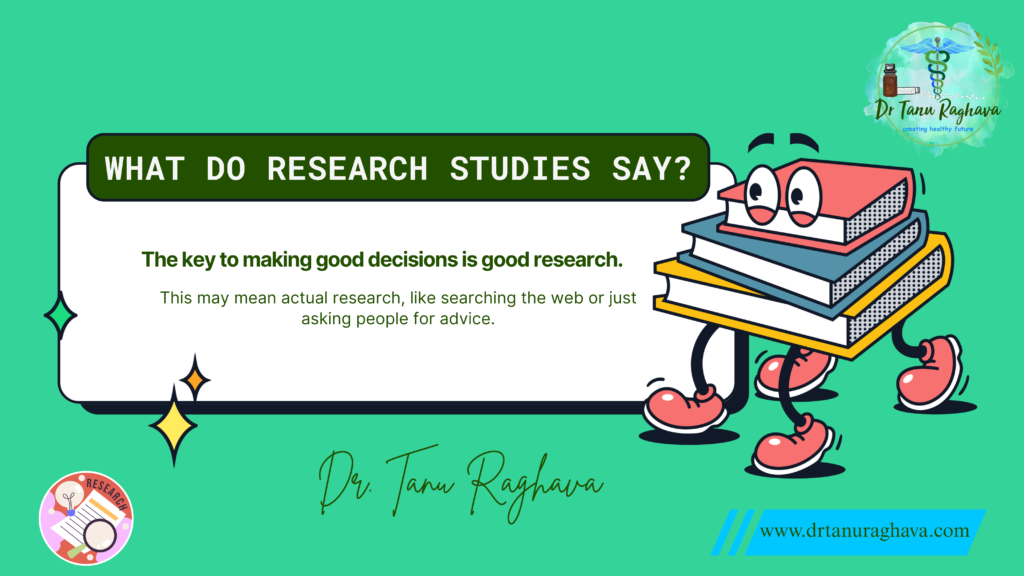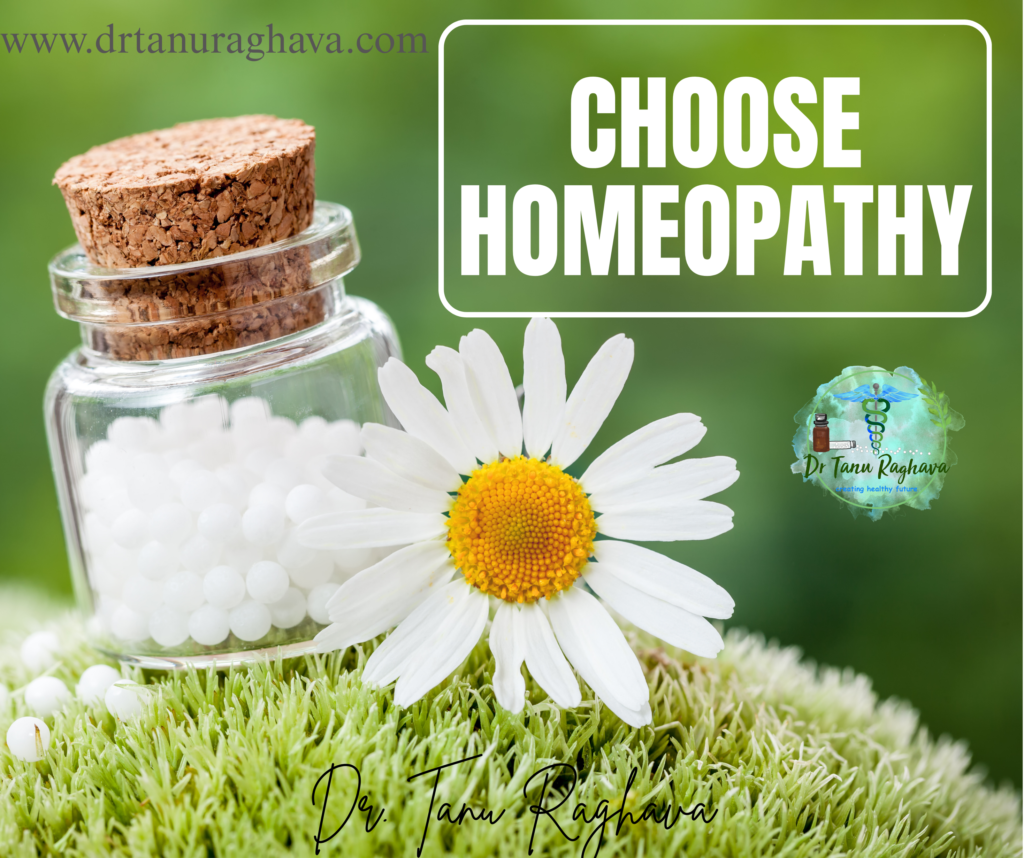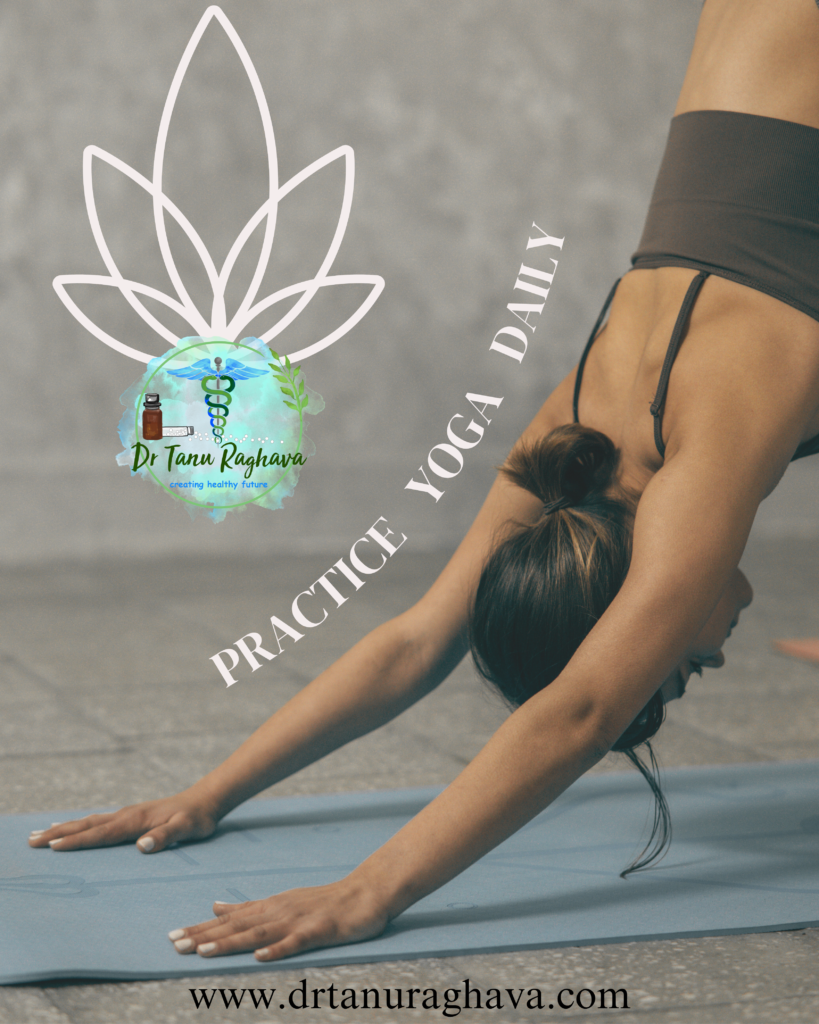What is Teeth Grinding?
Table of Contents
ToggleTeeth grinding, also known as bruxism, is a condition where a person grinds, gnashes, or clenches their teeth unconsciously, either while awake or during sleep. This often unnoticed behavior can lead to severe dental damage, jaw disorders, and overall discomfort. As a seasoned Homeopathic Physician and Nutritional Counselor, Dr. Tanu Raghava aims to spread awareness about the holistic management of this condition.
The Culprit Behind Teeth Grinding
At the root of teeth grinding is usually a blend of physical, psychological, and lifestyle factors. Often dismissed as a mere habit, bruxism can be a sign of deeper issues that require medical attention and holistic care.
Common Causes of Bruxism
- Stress and Anxiety: Emotional stress is a leading contributor.
- Sleep Disorders: Sleep apnea and other disturbances can trigger nighttime grinding.
- Malocclusion: Misalignment of teeth.
- Lifestyle Factors: Excessive caffeine, alcohol, or smoking.
- Medications: Certain antidepressants and psychiatric drugs.
- Personality Traits: Aggressive, competitive, or hyperactive personality types.
Types of Teeth Grinding
- Awake Bruxism: Often linked with emotional stress, anxiety, or concentration.
- Sleep Bruxism: More harmful due to its association with sleep disorders and unconscious grinding.
Symptoms to Watch Out For
- Jaw pain or tightness
- Flattened, chipped, or loose teeth
- Headaches, especially in the temples
- Earaches not caused by ear infections
- Increased tooth sensitivity
- Worn enamel
- Disrupted sleep for both the patient and sleeping partner

Scientific Evidence Supporting Homeopathy for Bruxism
Several studies and clinical observations support the efficacy of homeopathy in managing stress-related disorders and neurological disturbances that often underpin bruxism. Research published in journals such as Homeopathy and Complementary Therapies in Medicine demonstrates how individualized homeopathic remedies can reduce anxiety, improve sleep quality, and promote neuromuscular relaxation,factors essential for controlling teeth grinding.
Role of Homeopathy in Managing Teeth Grinding
Homeopathy, as practiced by experts like Dr. Tanu Raghava, offers a gentle yet effective approach to treating bruxism. It works by addressing the root cause—whether emotional stress, dental misalignment, or neurological imbalance. With constitutional treatment, patients experience long-term relief from symptoms without any side effects. Moreover, homeopathy aligns well with nutritional and lifestyle changes to offer a holistic cure.

Homeopathic Medicines
Highlighted Symptom: Involuntary grinding of teeth in angry, irritable children.
- Oversensitivity to pain
- Anger with screaming or throwing things
- Symptoms worsen at night
- Useful in teething children with bruxism
2. Cina
Highlighted Symptom: Grinding of teeth during sleep in worm-infested children.
- Irritable and restless behavior
- Constant rubbing of the nose
- Dark circles under the eyes
- Preference for being carried
3. Belladonna
Highlighted Symptom: Violent grinding of teeth with high fever or night terrors.
- Red, flushed face
- Pupils dilated, throbbing headache
- Fear of imaginary objects
- Useful in acute flare-ups
Other Important Remedies:
4. Stramonium
- Intense night terrors with bruxism
- Sudden outbursts of fear or aggression
- Stammering speech
- Desire for company
5. Nux Vomica
- Stress-induced bruxism in ambitious individuals
- Irritability and hypersensitivity
- Disturbed sleep, especially after stimulants
- Better after a short nap
- Useful in children with delayed dentition
- Craving for salty food
- Tendency to catch cold easily
- Bruxism with poor growth and development
7. Ignatia
- Teeth grinding due to suppressed grief
- Mood swings
- Deep sighing
- Insomnia from emotional distress
The Importance of Diet in Bruxism Management
Dr. Tanu Raghava strongly advocates for the role of a balanced diet in healing from teeth grinding. Nutritional deficiencies, particularly of magnesium and calcium, can exacerbate muscle tension and nerve sensitivity.
Foods to Eat:
- Fruits: Bananas (rich in magnesium), kiwi, papaya, and apples
- Vegetables: Spinach, kale, broccoli, sweet potatoes
- Pulses & Legumes: Lentils, chickpeas, mung beans
- Nuts & Seeds: Almonds, pumpkin seeds, flaxseeds
- Dairy: Yogurt, paneer, buttermilk
- Whole grains: Oats, brown rice, quinoa
- Herbal Teas: Chamomile, lemon balm
Foods to Avoid:
- Caffeine (coffee, cola, energy drinks)
- Alcohol
- Refined sugar and processed foods
- Red meat and high-fat dairy
- Artificial additives and preservatives

Do's and Don'ts for a Bruxism-Free Life
Do’s:
- Practice stress-reducing techniques (meditation, journaling)
- Use a warm compress on the jaw before sleep
- Sleep on your back to avoid jaw pressure
- Visit your dentist regularly
- Maintain good sleep hygiene
Don’ts:
- Avoid chewing gum excessively
- Refrain from biting nails or chewing on pens
- Avoid screen time at least an hour before bed
- Don’t skip meals or rely on junk food
- Avoid excessive talking when tired

Top 3 Yoga Exercises for Bruxism Relief
1. Simhasana (Lion Pose)
Steps:
Sit in Vajrasana or cross-legged.
Inhale deeply, open your mouth wide, and stick out your tongue.
Exhale forcefully while making a roaring sound.
Repeat 3-5 times.
2. Shavasana (Corpse Pose)
Steps:
Lie flat on your back with arms by your sides.
Close your eyes and focus on your breath.
Let each body part relax completely.
Stay in this pose for 5-10 minutes.
3. Bhramari Pranayama (Humming Bee Breath)
Steps:
Sit in a comfortable position.
Close your eyes and ears using your fingers.
Inhale deeply.
While exhaling, hum like a bee.
Repeat 5-7 times.
Bonus Tip by Dr. Tanu Raghava Use a mouth guard while sleeping. It prevents teeth from grinding against each other and offers significant relief when combined with homeopathic treatment.
Conclusion
Teeth grinding is more than just a nighttime nuisance—it’s a sign that your body and mind may be out of balance. With the right combination of homeopathy, proper nutrition, yoga, and lifestyle changes, you can find lasting relief. Dr. Tanu Raghava emphasizes that healing is always possible when the root cause is addressed holistically.
FAQs About Teeth Grinding
Q1. Is teeth grinding harmful in children?
Ans. Yes, if persistent, it can damage permanent teeth and affect jaw development. Dr. Tanu Raghava recommends early homeopathic intervention.
Q2. Can stress alone cause bruxism?
Ans. Yes, psychological stress is a major trigger. Homeopathy helps in managing stress without side effects.
Q3. Are there any long-term complications?
Ans. Untreated bruxism can lead to TMJ disorders, chronic pain, and dental wear.
Q4. How soon can homeopathic treatment show results?
Ans. Results vary, but many patients report improvement within a few weeks under Dr. Tanu Raghava’s care.
Q5. Is bruxism curable with homeopathy?
Ans. Yes, especially when treated constitutionally and combined with diet and lifestyle changes.





